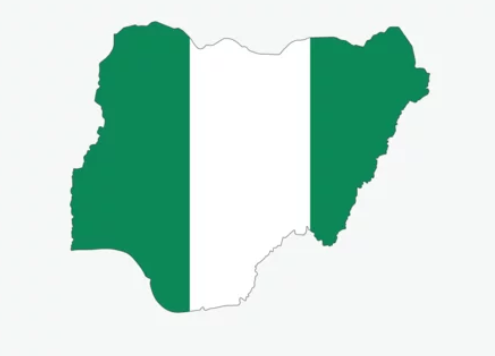
The Notion of Democracy vs. Enslavement in Nigerian Governance
The Nigerian political system has long been touted as a democracy, with all the trappings of democratic governance, including elections, a constitution, and institutions designed to represent the will of the people. However, a closer examination of the system reveals a stark contrast between the ideals of democracy and the harsh realities of governance.
In reality, the system practiced in Nigeria seems to be a government of the rich, by the rich, and for the rich. The wealthy and powerful wield significant influence over policy-making and resource allocation, often to the detriment of the masses. This has created a culture of dependency and patronage, where citizens are forced to rely on the benevolence of those in power rather than demanding their rights as citizens.
One of the most insidious aspects of this system is the use of token handouts and gestures to create an illusion of care and concern for the populace. Politicians often employ these tactics to garner support and maintain control, but they rarely translate into meaningful empowerment or systemic change. Instead, they serve to pacify the masses and maintain the status quo.
The token beneficiaries of these gestures are often co-opted into the system, becoming unwitting participants in their own oppression. They may be used to mobilize support for the ruling elite, suppress dissent, or legitimize policies that further entrench inequality. This creates a vicious cycle of dependency, where citizens are conditioned to rely on handouts rather than demanding their rights.
To break free from this cycle, Nigerians must demand more from their leaders. This includes pushing for policies that promote economic empowerment, social justice, and genuine citizen participation in governance. It also requires a shift in mindset, where citizens recognize their own agency and power to effect change.
Some potential solutions include:
- Increased transparency and accountability in government spending and decision-making
- Strengthening institutions that support democracy, such as an independent judiciary and free press
- Promoting civic education and critical thinking to empower citizens
- Encouraging citizen participation in governance through town hall meetings, public consultations, and other mechanisms
- Fostering a culture of activism and advocacy for social justice and human rights
By working together to address these challenges, Nigerians can build a more just and equitable society that truly serves the needs of all its citizens.
The question remains, however, whether the current system can be reformed or if a more fundamental transformation is needed. Can the existing power structures be persuaded to relinquish their grip on power and resources, or will it take a grassroots movement to effect change? Whatever the answer, one thing is clear: the status quo is unsustainable, and Nigerians deserve better.
In conclusion, the Nigerian political system is a complex web of power dynamics, patronage, and tokenism. While it may masquerade as democracy, the reality is far from it. To create a truly democratic system, Nigerians must demand more from their leaders and work towards a more just and equitable society. The time for change is now.















